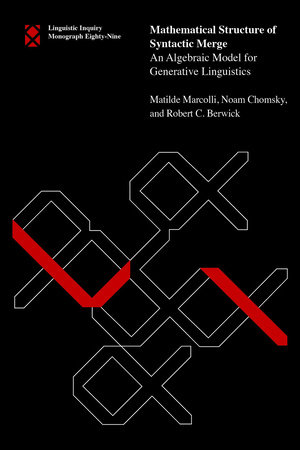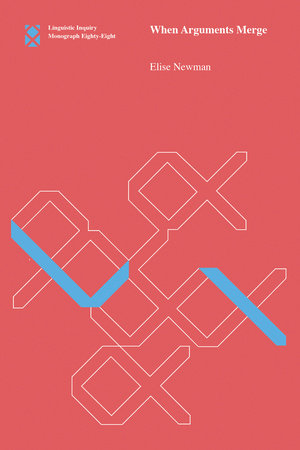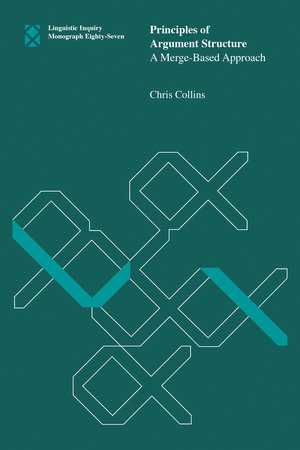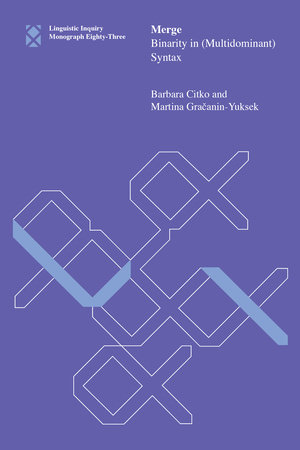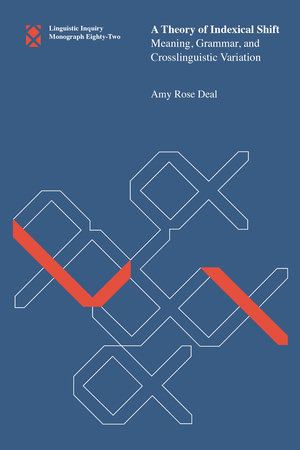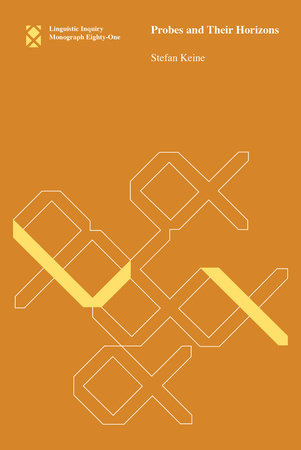
Mereological Syntax
David Adger
Ebook
November 18, 2025 | ISBN 9780262384674
AmazonApple BooksBarnes & NobleBooks A MillionGoogle Play StoreKobo
Paperback
November 18, 2025 | ISBN 9780262553278
AmazonBarnes & NobleBooks A MillionBookshop.orgHudson BooksellersPowell'sTargetWalmart
About the Book
Mereology is the study of parthood—what it means for one thing to be part of another. David Adger argues that a theory of syntax based on mereological objects should replace Chomsky’s set-theoretic Merge view of syntax. He shows how this new perspective solves some of the problems that have bedeviled minimalism, while opening a path to a unified approach to islands, one of the central topics in theoretical syntax for the past 50 years. Adger draws on data from across many languages and from experimental work.
Adger focuses on two puzzles—specifically, the so-called Labeling Problem and Copy Problem—that arise from the Merge model of syntax. He adapts ideas from mereology to build a system of phrase structure, using an operation he calls Subjoin, that solves these puzzles. He defines a simple constraint on mereological objects that he calls Angular Locality, which has wide-ranging ramifications for what constitutes a possible structure, derives successive cyclicity as a theorem, and opens a new approach to explaining why certain island phenomena behave as they do.



